blueFire Wilderness Therapy for Teens Is Filled With Controversies, Complaints, and Mistreatment
Published Dec. 15 2023, 11:29 a.m. ET
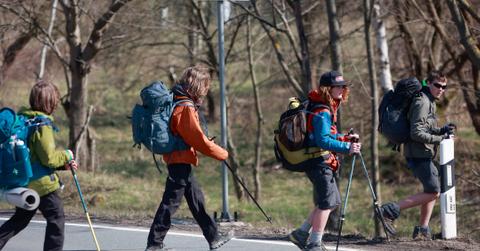
Content warning: This article mentions violence against children and sexual assault.
The Gist:
- blueFire Wilderness Therapy proposes time in nature as a remedy for behavioral issues in teenagers.
- The company — and other similar companies — force young people to overexert themselves without adequate care.
- Many blueFire attendees report feeling traumatized by their experiences.
- Lawsuits against blueFire could be the only way to cause a cultural shift in how people view nature therapy programs.
Nature can be an all-natural way to reduce anxiety symptoms and even alleviate depression. Some people also believe nature therapy can fix behavioral issues with troubled teenagers, leading to companies like the private blueFire Wilderness Therapy company in Idaho.
Those who have read about the alleged horrors of blueFire Wilderness Therapy may wonder if lawsuits have been filed against the company, as suits are often effective ways to bring mistreatment, concerns, and controversies to light.
This article contains everything you need to know about the contentious group, if lawsuits have been filed against it, and if there’s any truth to its therapy being useful. You’ll better understand how nature may help people and where some organizations cross into unsafe territory.
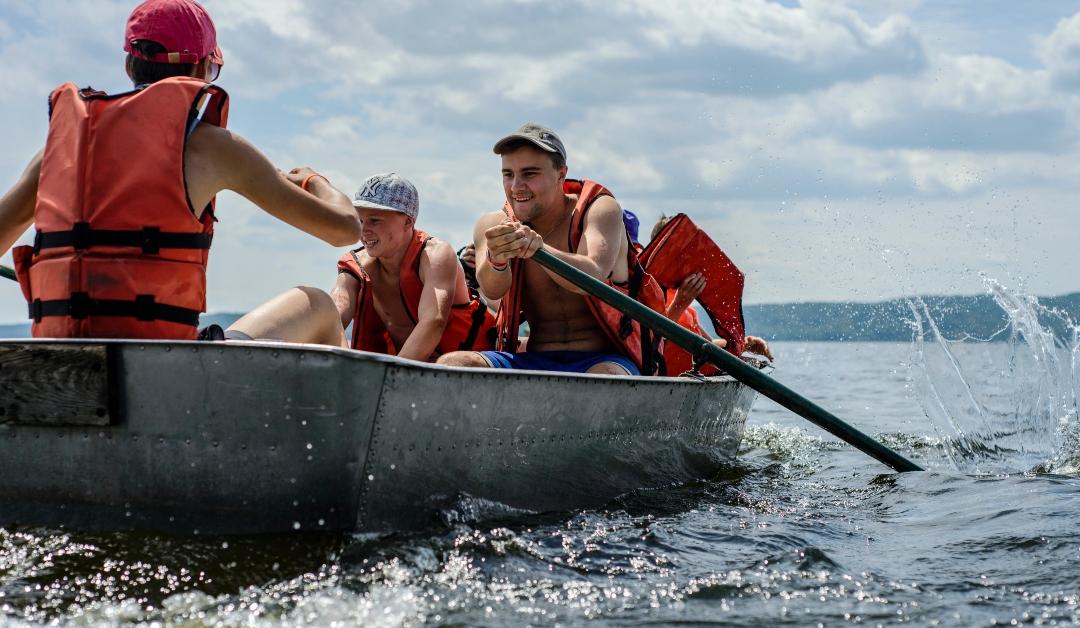
Attendees have alleged various abuses at blueFire Wilderness Therapy and other similar programs.
When parents don’t know how to help their teenager stop breaking laws or other alleged negative behaviors, they may turn to wilderness camps for help. These camps advertise a multi-month getaway for teens who need assistance reaching a higher level of maturity.
Some science backs up the idea that nature improves a person’s mental health. Researchers with Nature Sustainability studied thousands of young kids who spent time in nature daily. They found their participants were 17 percent less likely to have behavioral issues because the nature therapy improved their cognitive development.
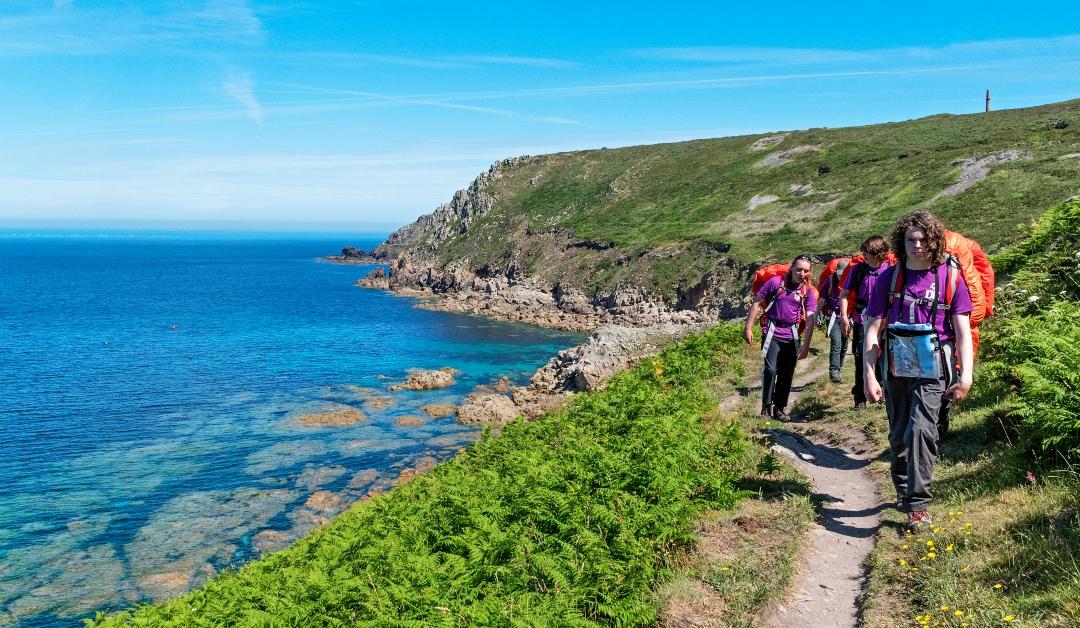
However, the study defined time in nature as periods of relaxation or play. Wilderness therapy camps aren't typically relaxing — they often make their attendees sleep in tents and do manual labor, often without access to regular medical help or hygiene.
A former attendee of Trails Carolina, a wilderness therapy camp in North Carolina that is similar to blueFire, spoke with to WBTV about his experience.
He told the local news outlet that how he had to go 17 days without access to a shower, even after defecating in his pants. Additionally, on Reddit, attendees from other camps claimed that their camps forced them to do manual labor while wearing winter clothes in extreme heat, endure beatings, survive sexual assaults, and participate in extreme daily exercise routines while malnourished.
Yet, parents who research these camps only find positive testimonials on each camp’s website. blueFire’s site exclusively has five-star testimonials from parents with no last names and anonymous website visitors.
blueFire Wilderness Therapy reviews shine further light on the issues at this program.
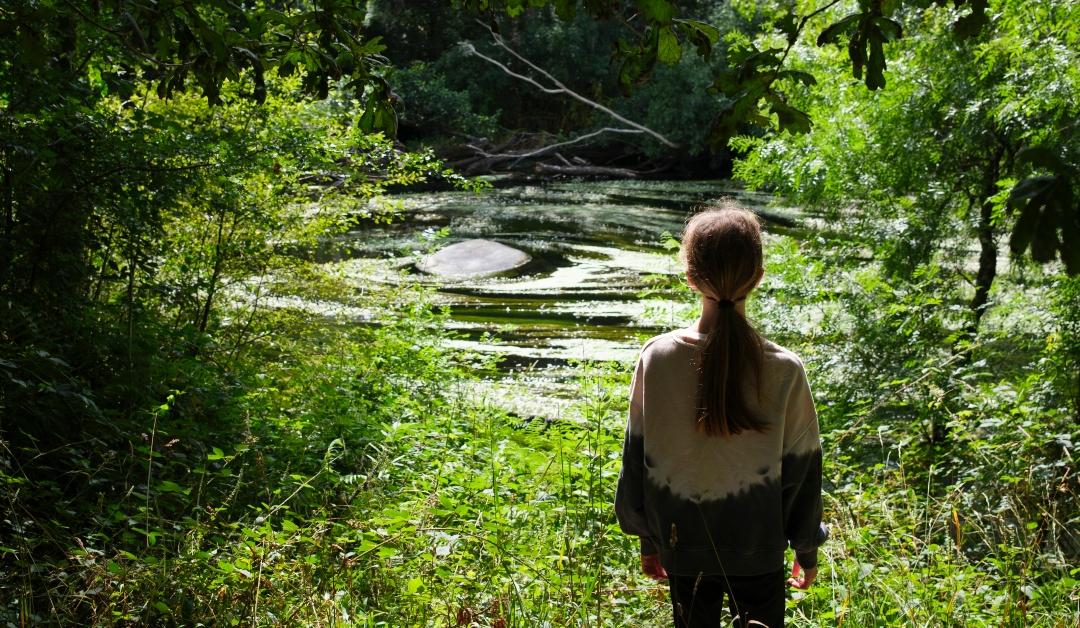
There isn't evidence of any official lawsuits against blueFire Wilderness.
While some websites (that seem less than reputable) allude to lawsuits having been filed against blueFire, we can't find evidence that anyone has formally sued blueFire.
Families filing blueFire Wilderness lawsuits and cases against similar camps would bring these issues to national attention. Other parents wanting the best for their kids would be exposed to just how abusive places like blueFire can be, and could then find effective, human solutions elsewhere.
Lawsuits could also break stigmas regarding mental health treatment. People would learn which resources are safe for kids and which aren’t. It could help the 36.9 percent of people with anxiety who never receive treatment because they’d know how to find help through licensed therapists, according to Advanced Psychiatry Associates.
Additionally, national conversations would keep kids and teenagers from being further traumatized. Shame is a preferred teaching method in these bootcamp-styled organizations. One survivor recounted to USA Today how everyone had to relieve themselves in the woods for three months while making non-negotiable eye contact with a camp employee each time.
According to one National Library of Medicine study, Those experiencing public shaming with existing mental health conditions lose their sense of dignity and rarely reenter society with even a slight grasp on their humanity. Meanwhile, many of these camps operate as nonprofit organizations, meaning they get significant tax breaks as they charge parents $500-$600 per day over three months, according to Undark.
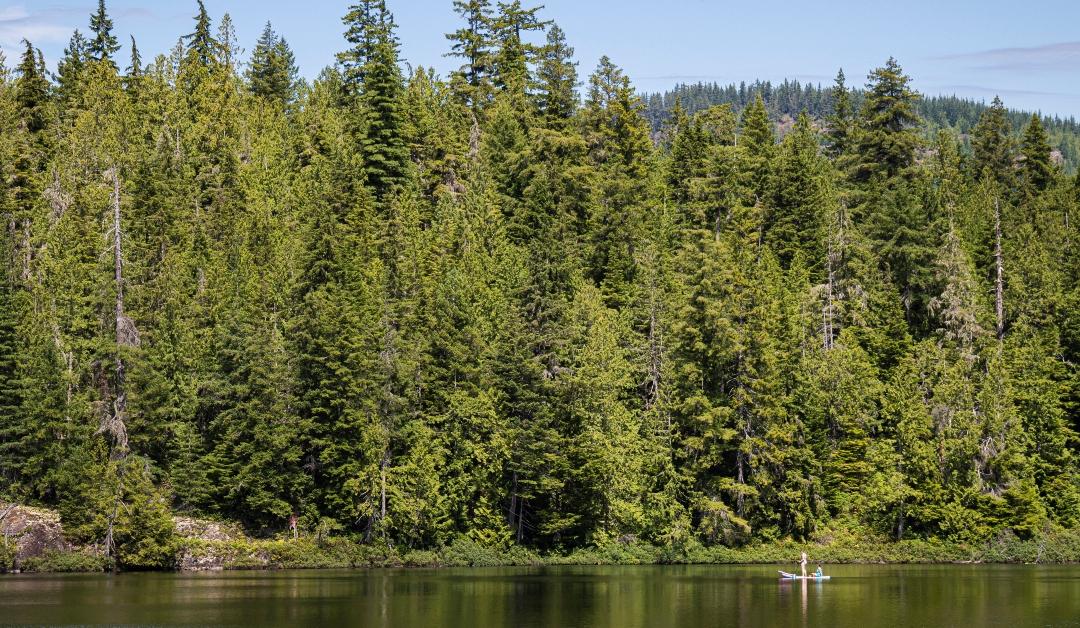
What is the success rate of wilderness therapy?
The success rate of wilderness therapy appears to be positive on the surface; however, it's clear that no child should be subjected to blueFire or other programs of the like.
There are three ways to determine the success of wilderness therapy camps — camp reviews, news articles about attendee experiences, and research studies. The reviews on each camp’s site are overwhelmingly upbeat, though the reviewers never list last names and some are even anonymous.
Various news articles, like those cited above, give platforms to former camp attendees who experienced neglect and trauma. Some articles may also reference the numerous kids who died by suicide, homicide or neglect while staying at wilderness therapy camps or schools. Individuals track those deaths via newspaper clippings and obituaries independently from the camps, as can be seen on Reddit.
One Criminal Justice and Behavior study gathered a sample size of over 1,800 youths who attended wilderness therapy camps and their parents. The participants self-rated each attendee’s behavioral differences before and after the camps, which showed positive results for each family. However, it’s also worth noting that the kids rating themselves still lived with the parents who sent them to the camps and therefore may not have felt safe providing honest answers.
Until lawsuits against camps like blueFire become more frequent and headline national news, parents will continue to rely on them to help their troubled teens. It’s a concerning experience many teens endure yearly, and its decades of precedence prove that change will be hard to encourage otherwise.